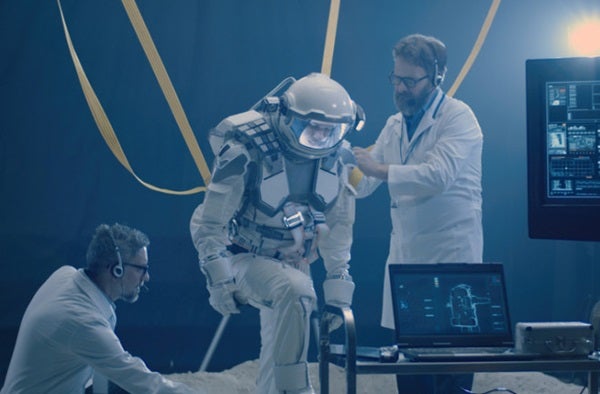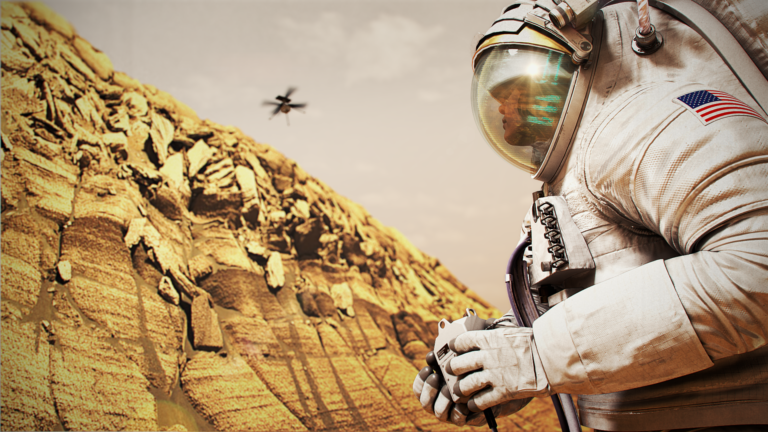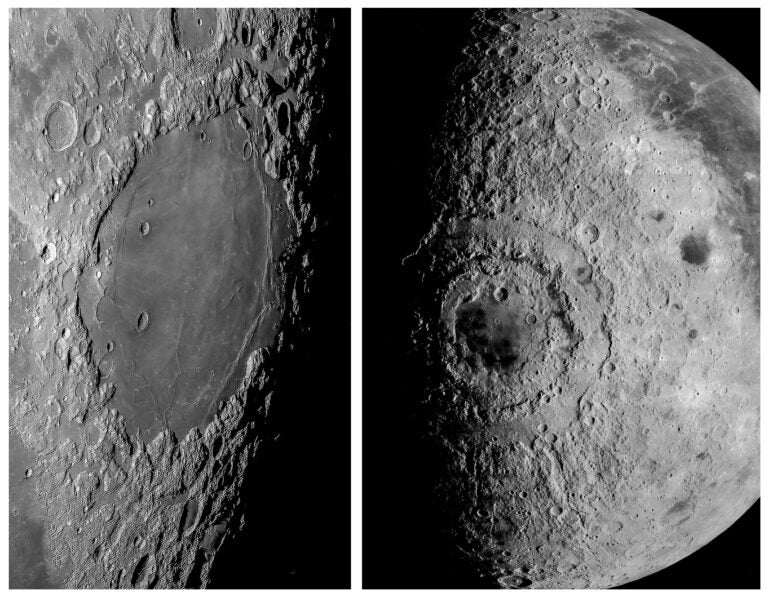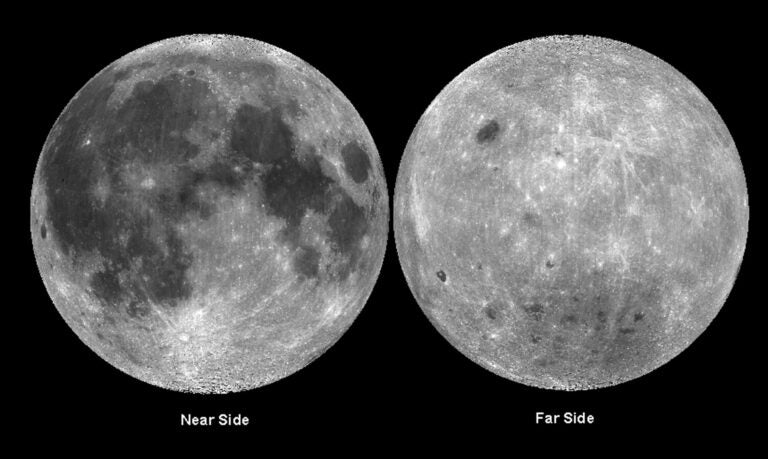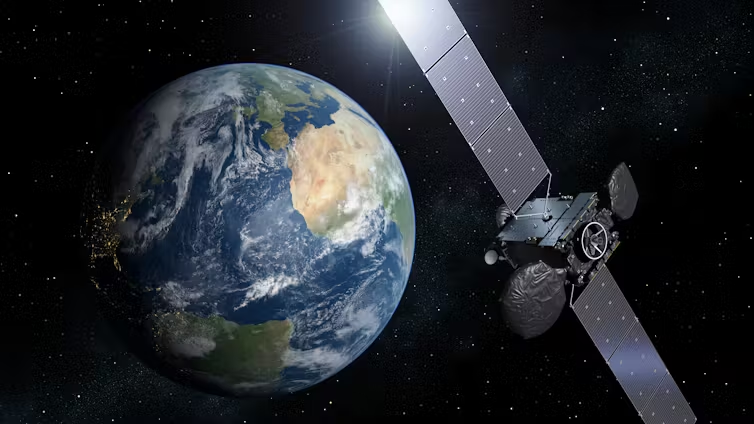The gravitational force is by far the weakest of the four forces of nature. It’s simple to defy gravity: just lift something in the air. But the annoying thing about gravity is that it’s both persistent and has an infinite range, which takes a surprising amount of work to overcome.
Gravity is so weak that even if it were a billion times stronger than it is now, it would still be the weakest of all the forces. The whole mass of the Earth is pulling on you, but you can reach over and grab a pencil and overcome that entire gravitational might. Naturally, eventually you’ll get tired and put the pencil down, but we do have other methods to magically overcome the strength of gravity.
Defying gravity in space
The magnetic force can keep an object suspended on the side of your fridge for eternity. Even stronger magnets, using superconductors, can levitate entire train cars, enabling super fast transportation that floats above the track.
Going further, it’s not all that difficult to defy gravity and get into space. After all, the edge of space is just 62 miles (100 kilometers) away and shooting something straight up for that distance is not the hardest thing to do in the world.
But gravity does have a superpower. Even at the edge of the atmosphere and the beginnings of space, Earth’s gravitational pull isn’t much weaker than what it is on the surface. So, unless you keep accelerating, eventually gravity will pull you back.
Most of the energy that we put into rockets doesn’t go into getting to space, it goes into staying in space. If you want to escape the gravitational clutches of the Earth altogether, you must achieve a speed of at least 25,000 mph (15,570 km/h), which is around 33 times the speed of sound.
Once in space, we have some methods available to simulate the effects of gravity. This is important because a constant gravitational pull is vitally important for maintaining healthy bodies. Without gravity, our hearts grow weaker, our bones get thinner, and our entire cardiovascular system diminishes. Without constant exercise, astronauts who spend too much time in zero-G couldn’t survive a return to Earth.
Engineers have developed concepts for rotating space habitats to recreate the effects of gravity. Instead of a massive object on the Earth pulling on you, the wall of a spacecraft would spin and fling you against the outer wall. The centrifugal force would give you the exact same sensation of gravity that you have on our planet, saving you from the ravaging effects of zero-G.
All that technology still lies in the world of science fiction, but space agencies around the world are interested in developing such habitats for long-term missions in space.
Anti-gravity devices and dark energy
Speaking of science fiction, writers and authors love to come up with all sorts of gravity-defying gizmos, whether to provide artificial gravity for their ships or to propel their spacecraft through the universe. Unfortunately, it seems that these kinds of anti-gravity devices will remain in the realm of fiction.
To operate these devices, it would require the use of negative matter, which is a form of matter with negative mass (not to be confused with antimatter, which is like normal matter but with opposite charge). We have never observed negative matter in the universe, and we strongly suspect it can never exist, because it would violate our understanding of the conservation of momentum, which is a pretty big deal.
However, at the largest scales in space, we already observe an anti-gravity effect. We’ve known since the observations of Edwin Hubble, about a hundred years ago, that our universe is expanding – over time, the average distance between galaxies grows. But in the late 1990s, two independent teams of astronomers discovered something remarkable: Not only is the universe expanding, but that expansion is accelerating. The universe is expanding faster and faster every single day.
The name we give to this phenomenon is dark energy, and it appears to be an anti-gravity force that is repelling all the matter in the universe. Anti-gravity actually isn’t all that strange in Einstein’s general theory of relativity, which is the set of equations we use to understand how gravity works. In general relativity, any kind of tension, like the tension in a stretched rubber band, creates an anti-gravity effect. But usually this anti-gravity effect is completely swamped by the normal, attractive gravity that we’re used to.

